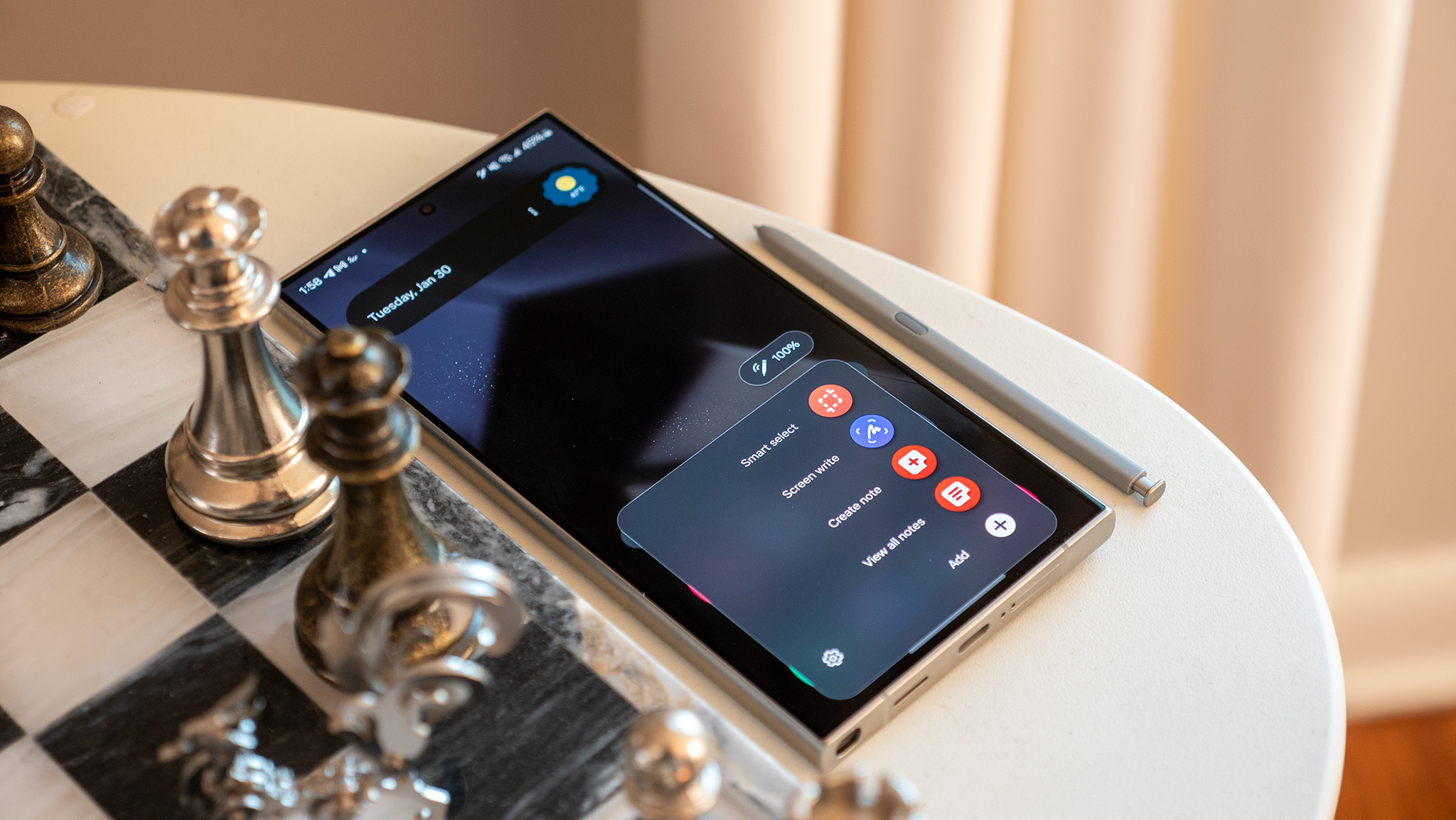US sues Apple over illegal 'iPhone monopoly'
The U.S. Department of Justice has accused the tech giant of knowingly trying to evade consumers from buying other phones.
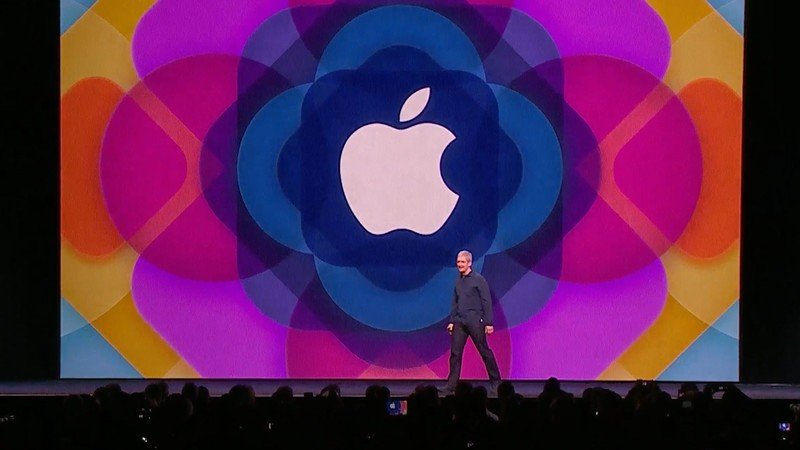
What you need to know
- The U.S DOJ is accusing Apple of illegally monopolizing the smartphone market by not incorporating cross-platform services so that consumers continue to depend on their expensive devices
- The lawsuit targets Apple's most-priced possessions, the iPhone and the Apple Watch
- The 'anti-trust' lawsuit claims that Apple takes advantage of its dominant ecosystem and monopoly power to push its expensive products onto customers
The U.S. Department of Justice (DOJ) sued Apple on Thursday (Mar 21) for monopolizing the smartphone market. The DOJ, along with 16 other district attorneys, is suing the tech giant for its "anti-competitive practices."
The antitrust lawsuit claims that Apple takes advantage of its dominant ecosystem and monopoly power to extract more money from consumers, developers, and others.
The DOJ says that the company has always known that this kind of dominance has been threatened by other factors, such as innovative products and apps. And instead of responding to these competitive threats by lowering the prices of its products for consumers, Apple has always wriggled its way out by imposing a series of "shapeshifting rules and restrictions in its App Store guidelines."
According to CNBC, The Justice Department said in a release that, to keep consumers buying iPhones, Apple blocked cross-platform messaging apps, limited third-party wallet and smartwatch compatibility, and disrupted non-App Store programs and cloud-streaming services.
"This case is about freeing smartphone markets from Apple's anticompetitive and exclusionary conduct and restoring competition to lower smartphone prices for consumers, reducing fees for developers, and preserving innovation for the future," the DOJ stated.
Messaging, smartwatches, and Cloud streaming apps
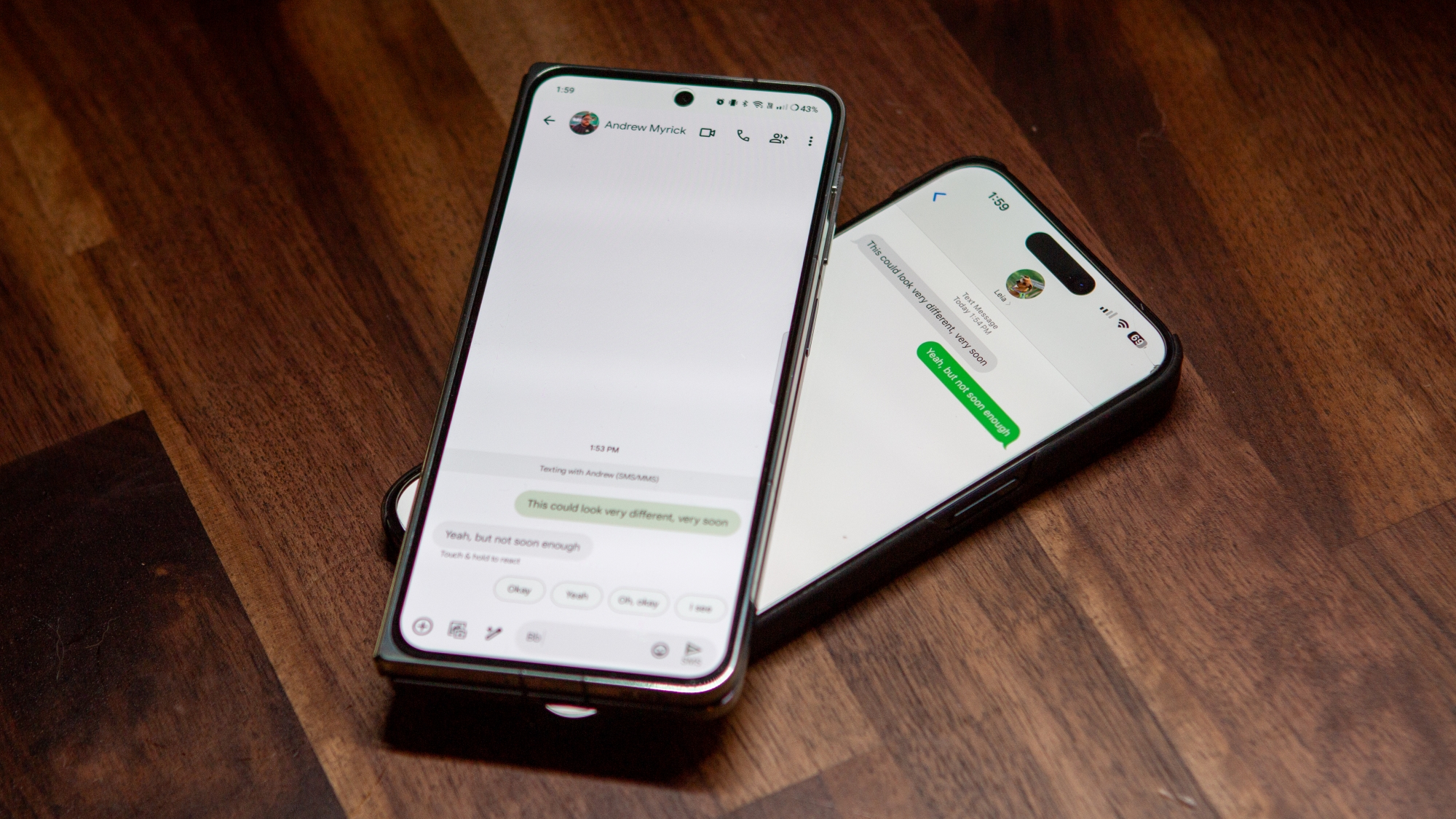
The complaint states that Apple protects its smartphone monopoly by degrading and undermining cross-platform messaging apps and rival smartphones. For ages, Apple has limited cross-platform messaging, forcing people to use only Apple devices to communicate effectively and with one another. "Apple undermines cross-platform messaging to reinforce obstacle [s]to iPhone families giving their kids Android phones," the lawsuit states.
Apple could have made better cross-platform messaging more inclusive by allowing iMessage for Android devices, but the tech giant made people believe that doing so would hurt consumers more than help them. In 2013, Apple's SVP of software engineering explained that supporting cross-platform OTT messaging in Apple Messages "would simply serve to remove [an] obstacle to iPhone families giving their kids Android phones."
Be an expert in 5 minutes
Get the latest news from Android Central, your trusted companion in the world of Android
The company has since agreed to support RCS messaging on its platform later this year, although we still don't know the exact details about how this will be implemented.
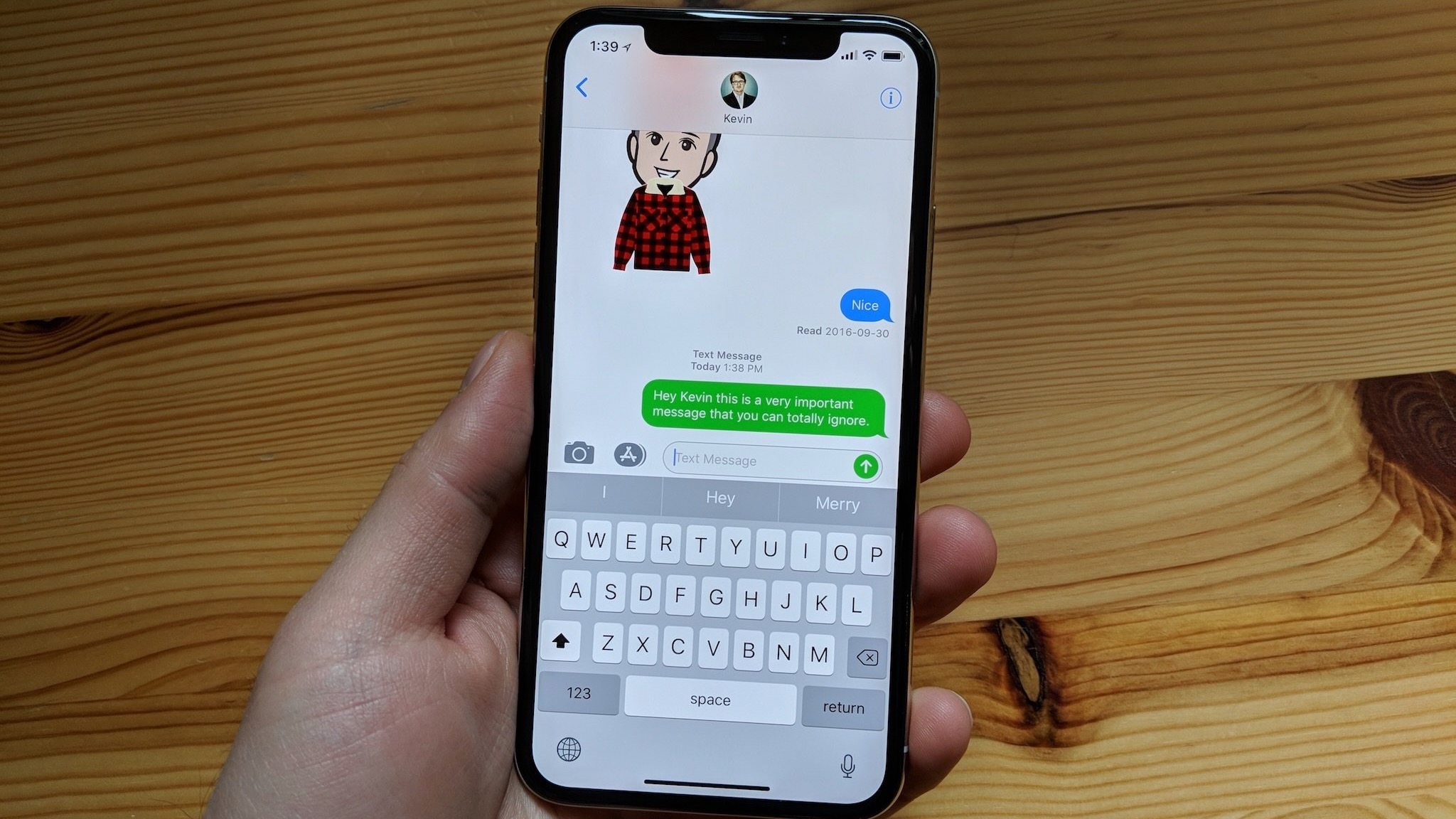
The DOJ has also discussed the Apple Watch's incompatibility with Android devices and the limited capabilities of third-party smartwatches with the iPhone. The complaint alleges that "users who purchase the Apple Watch face substantial out-of-pocket costs if they do not keep buying iPhones."
The vice president of product marketing for the Apple Watch acknowledged that the smartwatch may help prevent iPhone users from switching to Android devices and continue to help them monopolize the market. According to the complaint, many surveys have reached similar conclusions: users say that the additional accessories linked to their iPhones are the reason they do not switch to Android.
The complaint also addresses how Apple has been restricting developers from offering cloud gaming apps to reduce dependence on the iPhone's expensive hardware.
Cloud streaming game apps let users run computationally intensive games without having to process or store them on their smartphones. This allows developers to bring technologies and services to smartphone consumers, including gaming and interactive artificial intelligence.
The lawsuit cites an Apple manager who complained that "all that matters is who has the cheapest hardware and consumers could buy a [expletive] Android for 25 bux at a garage sale and have a solid cloud computing device that works fine."
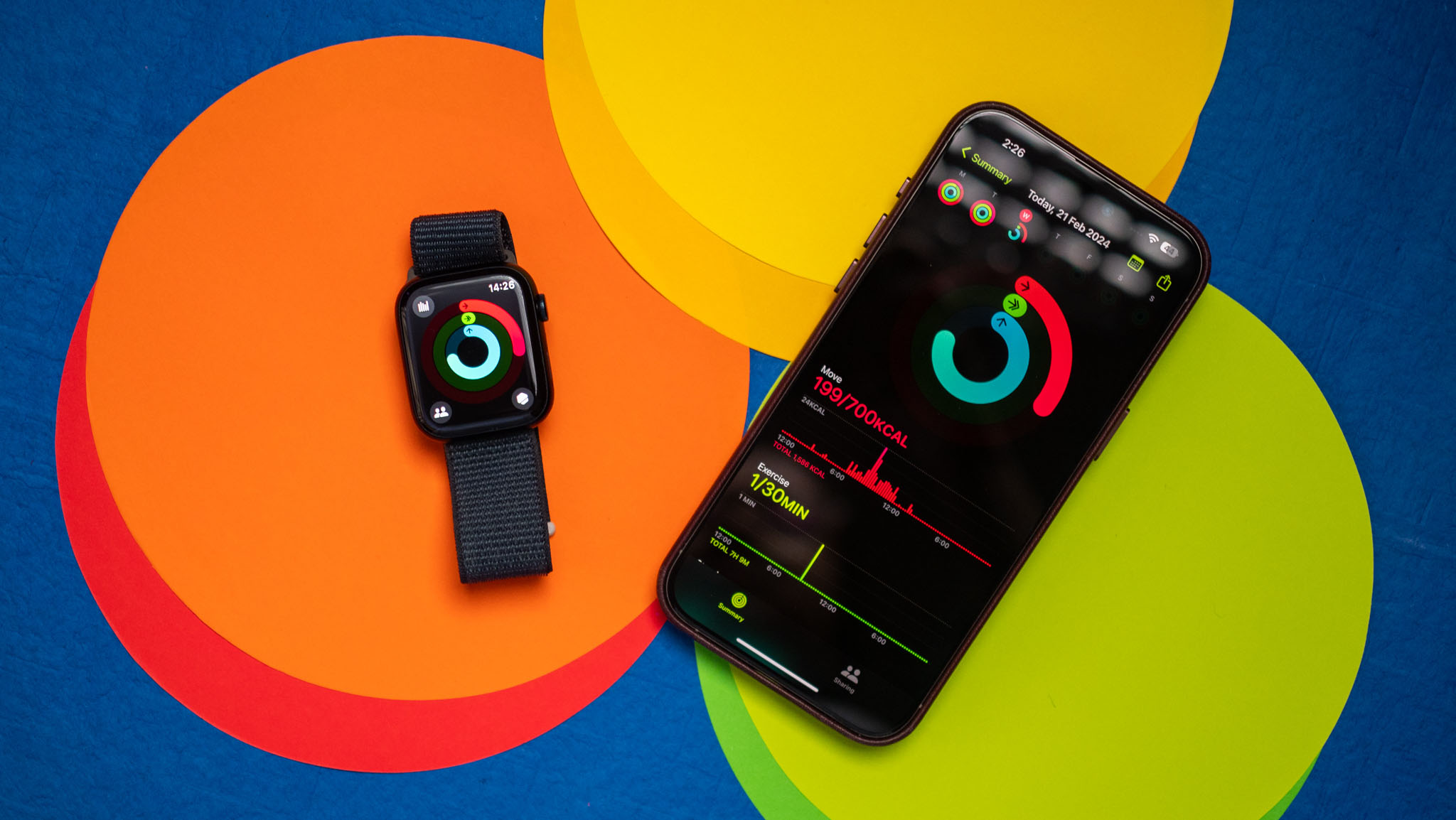
The case is being filed in the US District Court for the District of New Jersey. According to The Verge, DOJ Deputy Attorney General Lisa Monaco said Apple has maintained "a chokehold on competition" and "smothered an entire industry" through its shift from "revolutionizing the smartphone market to stalling its advancement."
According to the New York Times, Apple has defended itself against other antitrust challenges by arguing that its policies are critical to making its devices private and secure.
The lawsuit could force Apple to embrace cross-platform collaboration finally. According to Ted Miracco, CEO, Approov, the Department of Justice, the EU, and the UK are all pursuing antitrust actions against Apple, highlighting that Apple's idea that it alone can provide security for the mobile ecosystem is unrealistic.
According to The Verge, Apple responded to the lawsuit, stating that it threatened its identity and the principles that set Apple products apart in fiercely competitive markets.
"At Apple, we innovate every day to make technology people love—designing products that work seamlessly together, protect people’s privacy and security, and create a magical experience for our users. This lawsuit threatens who we are and the principles that set Apple products apart in fiercely competitive markets."
"If successful, it would hinder our ability to create the kind of technology people expect from Apple—where hardware, software, and services intersect. It would also set a dangerous precedent, empowering the government to take a heavy hand in designing people’s technology. We believe this lawsuit is wrong on the facts and the law, and we will vigorously defend against it."

Nandika Ravi is an Editor for Android Central. Based in Toronto, after rocking the news scene as a Multimedia Reporter and Editor at Rogers Sports and Media, she now brings her expertise into the Tech ecosystem. When not breaking tech news, you can catch her sipping coffee at cozy cafes, exploring new trails with her boxer dog, or leveling up in the gaming universe.
You must confirm your public display name before commenting
Please logout and then login again, you will then be prompted to enter your display name.
